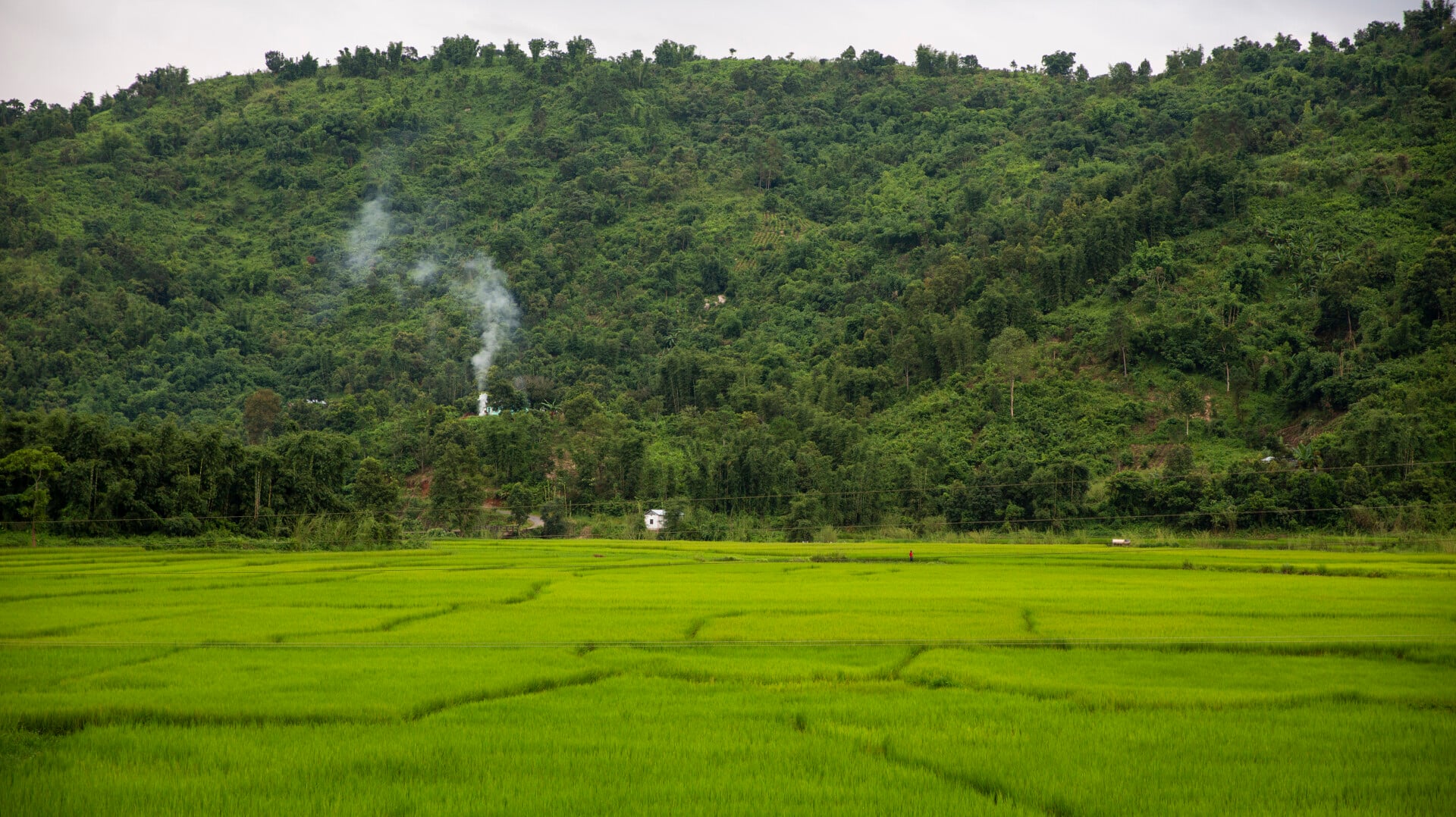
Accel focusing on rural India in search for next unicorns
What's the story
Accel, a prominent investor in Indian e-commerce and marketplace start-ups, is redirecting its investment focus toward smaller towns and villages in India.
The venture firm perceives these regions as a significant market brimming with opportunities for entrepreneurs.
Despite the challenges start-ups have encountered in these areas, Accel partner Anand Daniel said to TechCrunch that the top 20% to 30% spending in these regions, is estimated at over $250 billion.
Infrastructure boost
Rural investment strategy backed by infrastructure improvements
Accel's confidence in rural India is reinforced by advancements in infrastructure, including the widespread adoption of smartphones and affordable internet services like mobile payments using UPI.
Daniel also highlighted the role of improved warehousing and logistics in facilitating faster deliveries across the country.
These developments have enabled large firms to serve customers in these regions, opening up opportunities for new players.
Past challenges
Optimism despite previous failures
Despite past unsuccessful attempts by start-ups to penetrate smaller Indian cities, Accel remains hopeful.
The firm suggests that understanding the unique dynamics of these markets, such as the significance of generational relationships in family-run businesses, is crucial.
Daniel cited Citymall, an Accel portfolio firm that collaborates with micro-entrepreneurs in smaller Indian towns, as a successful example of this approach.
Future prospects
Accel's expectations for rural start-ups
Accel anticipates that start-ups serving rural India will need to operate differently from their urban counterparts, requiring distinct business models, customer acquisition strategies, and distribution methods.
Despite these differences, the firm is confident that significant start-ups will emerge from these rural regions with valuations comparable to their urban counterparts.
This belief underscores Accel's commitment to uncovering potential unicorns in India's smaller towns and villages.